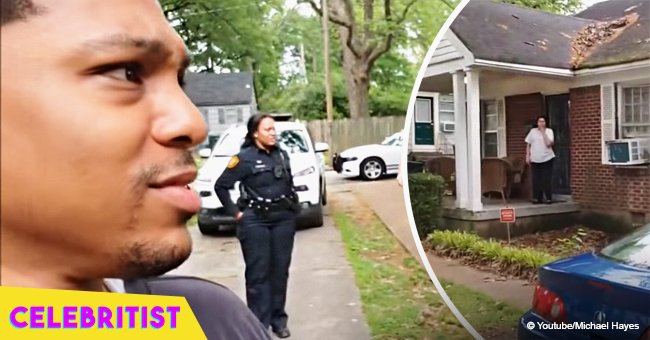
Woman called the police on black man checking neighbor's house, even after he revealed his intentions
Michael Hayes, a black real estate investor in Memphis was trying to do his job when a woman demanded to know why he was in the neighborhood. He was patient and explained, but she called the cops anyway.
In another episode of racial profiling in America, a white woman got upset after she caught a young black man outside the house next door, while he tried to take some pictures of the property.
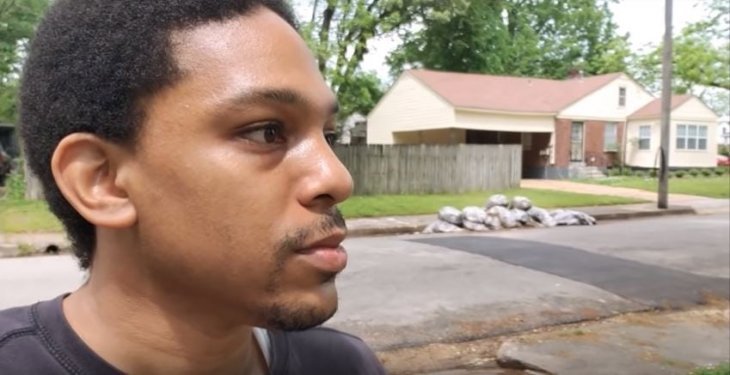
Source: YouTube/MichaelHayes
Hayes recorded the incident and shared the video on his YouTube channel, where he explained that after the rude woman asked what he was trying to, he showed her a contract, and written permission to enter the house.
The woman, still suspicious, called the police and warned Hayes about it, thinking he would flee the house because of her threats. However, Hayes decided to wait patiently for the police, stating in the video that with his papers in order, he had nothing to fear.
After two police officers arrived at the place, Hayes explained the situation and showed all the documentation to back up his story. Meanwhile, the enraged woman kept on insisting he had to get out of “her friends’ house” insisting she knew the owner and he didn’t like to have people at his home.
Hayes, on the other hand, got the property owner on the phone with the police to reassure them everything was fine and he had permission to enter the house.
Visibly mad because she couldn’t get Hayes arrested, the women started to yell to the officers that they weren’t doing their job right. And in a twist of events, the officers took Hayes’s side and told the woman that if she kept on verbally assaulting the man, she would be arrested.
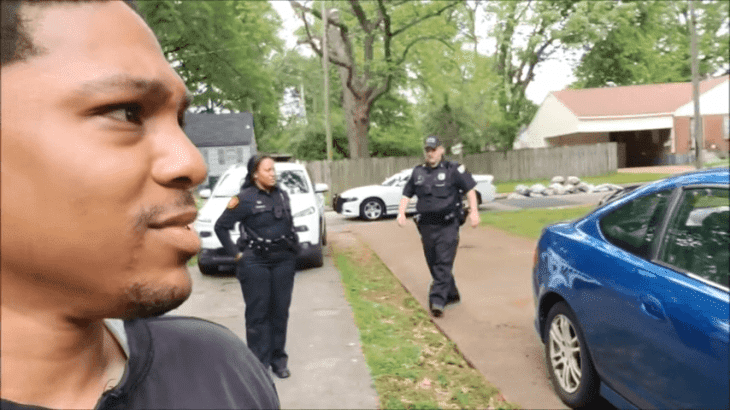
Source: YouTube/MichaelHayes
“If there is a way I can do this, I would like to file a complaint against her ... She came out and threatened to call the police and screaming and yelling at me,” Hayes said.
“If you have any problems with her, what I want you to do is call me back over here,” one of the officers told Hayes. “She will go to jail for that.”
The officer told the woman the same, so she got defensive and told Hayes to “hurry up,” take his pictures and get out. Which prompted the young investor to request the police to wait for him five minutes outside while he did the job.
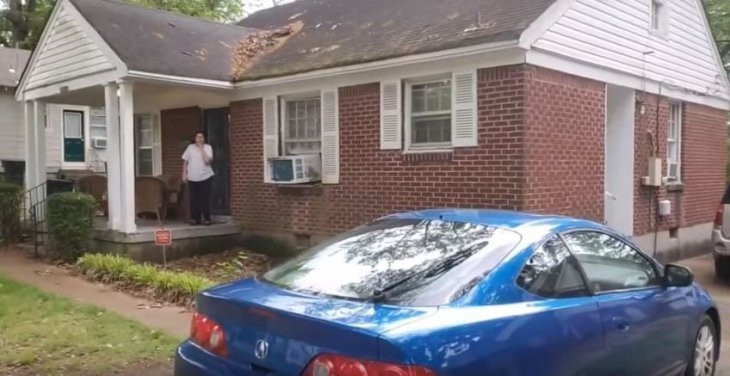
Source: YouTube/MichaelHayes
At the end of the incident, Hayes told a black female officer that she knew precisely why the woman had called them in the first place, implying it was merely another case of blatant racism.
Later, reflecting on his own in the car, Hayes said that he was just happy to go home and hug his wife and son after making it alive another day.
The power of distressed white people can turn the day of a black person into a nightmare
Racial profiling cases have always been a problem in the U.S. However, in the last two years, the instances where white people call the police because they feel threatened by people of color going about their daily routines, have considerably increased.
Paul Buttler explained in an article about racial harassment and police racial profiling for the Guardian, that:
“Black people are forced, by armed officers of the government, to justify their presence. They have the burden of proof; the person who called the police is assumed to be correct.”
And Vesla Mae Weaver added on a similar piece for The Vox:
“Many other Americans are waking up to the reality that white people have the power to turn minor disputes, or their anxiety, into interventions by the police (which is hardly news in the black community).”
Per Rolling Stones, this kind of incidents has long-term consequences. Suicides among black children have risen 71 percent within the last decade, and while researches can’t precisely blame racism for the alarming statistic, some have suggested that those affected by racism and poverty are at risk.
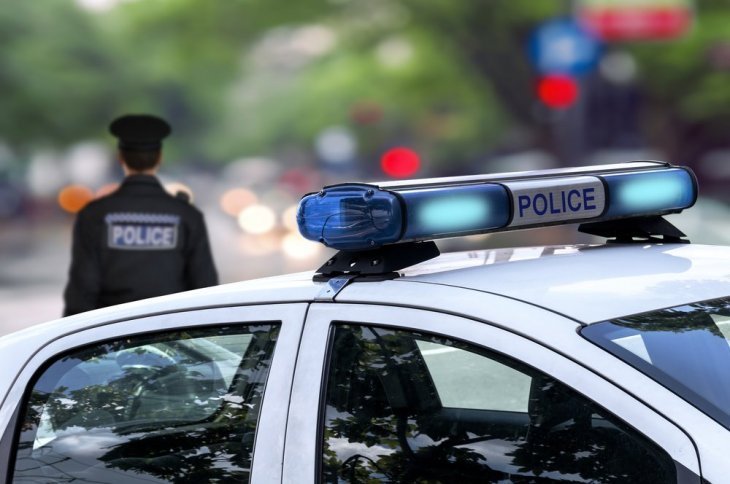
Credit: Shutterstock
They added:
“When black people are pushed out of neighborhoods due to redlining and gentrification, displacement trauma follows. The space is no longer theirs.”
And:
“We need to realize that white feminine fear does not produce innocuous behavior, but a kind of harassment that often leads to racial trauma.”
